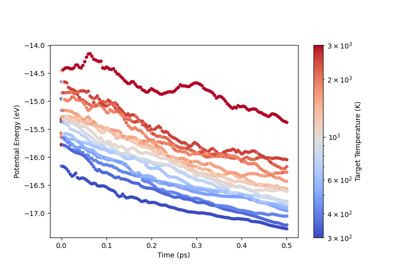chemiscope¶
Chemiscope is a tool for interactive exploration of databases of materials and molecules, correlating local and global structural representations with the properties of the systems. Chemiscope files can be viewed online, generated using a python library and used inside jupyter notebooks or sphinx documentations, which is how it’s used in the cookbook examples. You can check the documentation and the github repository.
Generalized Convex Hull construction for the polymorphs of ROY

PCA/PCovR Visualization of a training dataset for a potential

Path integral metadynamics
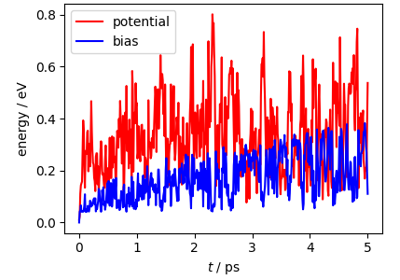
Path integral molecular dynamics
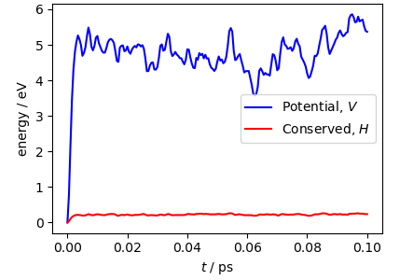
Constant-temperature MD and thermostats
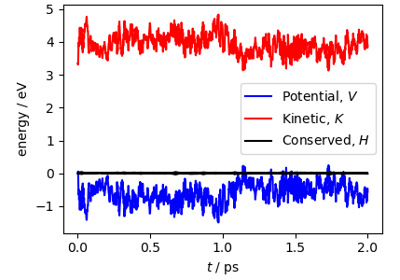
Multiple time stepping and ring-polymer contraction
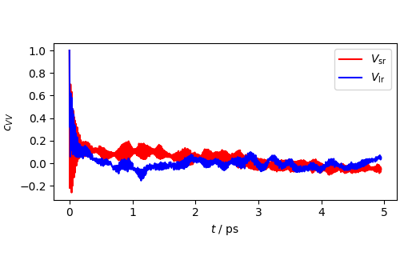
Atomistic Water Model for Molecular Dynamics
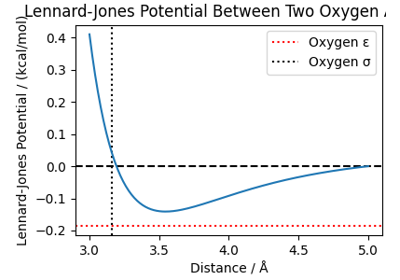
Equivariant linear model for polarizability
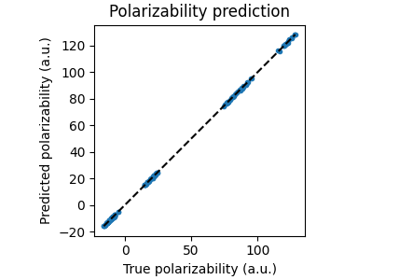
Equivariant model for tensorial properties based on scalar features
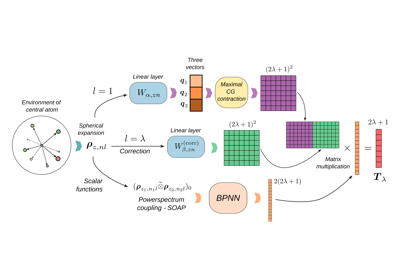
The PET-MAD universal potential
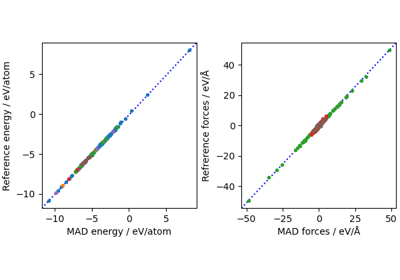
Long-stride trajectories with a universal FlashMD model
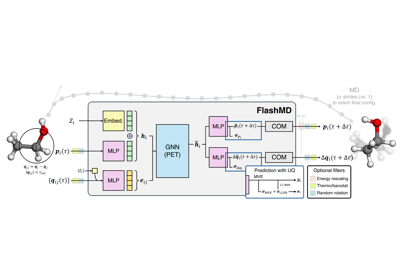
ML collective variables in PLUMED with metatomic

Mendeleev’s nano-clusters
